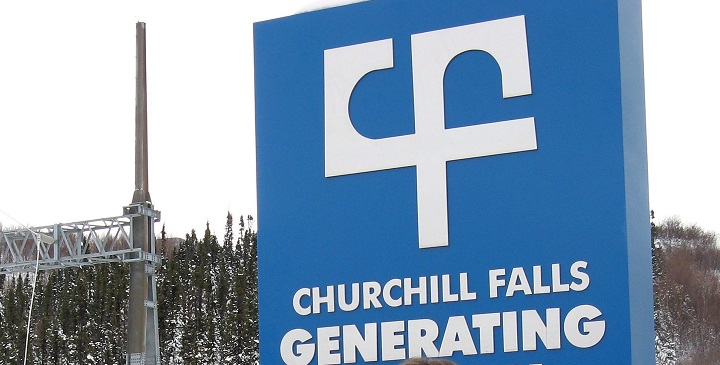
Quebec’s electricity ambitions reopen old wounds in Newfoundland and Labrador
Global News
Around 15 per cent of Quebec's power comes from a dam in Labrador in a deal that has caused decades of resentment in Newfoundland and Labrador. Quebec wants to extend that deal.
As Quebec prepares to ramp up electricity production to meet its ambitious economic goals, the government is trying to extend a power deal that has caused decades of resentment in Newfoundland and Labrador.
Around 15 per cent of Quebec’s electricity comes from the Churchill Falls dam in Labrador, through a deal set to expire in 2041 that is widely seen as unfair. Quebec Premier François Legault not only wants to extend the agreement, he wants another dam on the Churchill River to help make his province what he has called a “world leader for the green economy.”
But renewing that contract “won’t be easy,” Normand Mousseau, scientific director of the Trottier Energy Institute at Polytechnique Montréal, said in a recent interview. Extending the Churchill Falls deal is not essential to meet Quebec’s energy plans, but without it, Mousseau said, “we would have some problems.”
The Legault government is enticing global companies, such as manufacturers of electric vehicle batteries, to set up shop in the province and access its hydroelectricity. But demand for Quebec’s power has exceeded its supply, limiting the government’s vision.
Last month, Quebec’s hydro utility released its strategic plan, calling for a production increase of 60 terawatt hours by 2035, which represents the installed capacity of three of Hydro-Québec’s largest facilities. Churchill Falls produces roughly 30 terawatt hours, and Quebec would need to replace that power if it can’t strike a deal to extend the contract, Mousseau said.
If Quebec wants to keep buying power from Churchill Falls, the government is going to have to pay more, said Mousseau, who is also a physics professor at Université de Montréal. “We’re paying one-fifth of a cent a kilowatt hour — that’s not much,” he said.
Under the 1969 contract, Quebec assumed most of the financial risk of building the Churchill Falls dam in exchange for the right to buy power at a fixed price. The deal has generated more than $28 billion for Hydro-Québec; it has returned $2 billion to Newfoundland and Labrador.
That lopsided deal has stoked anti-Quebec sentiment in Newfoundland and Labrador and contributed to nationalist politics, including threats of separation from Canada around a decade and a half ago, when Danny Williams was premier, said Jerry Bannister, a history professor at Dalhousie University.











